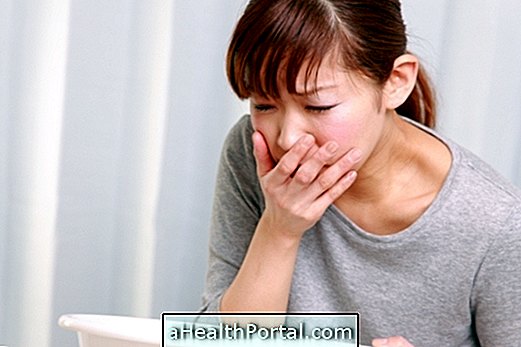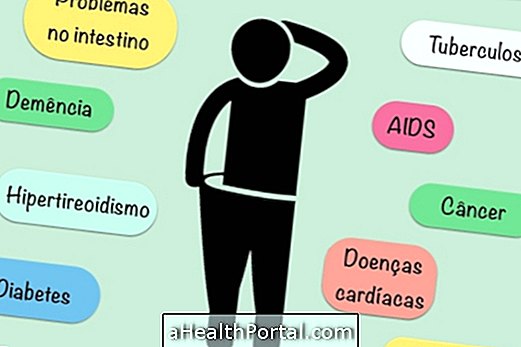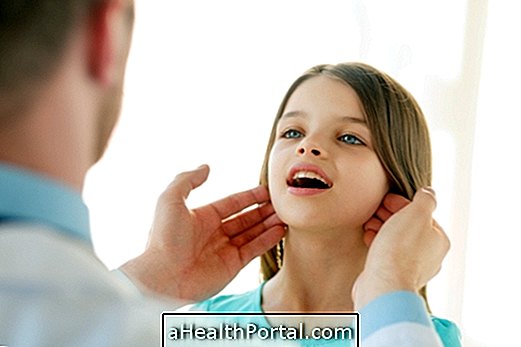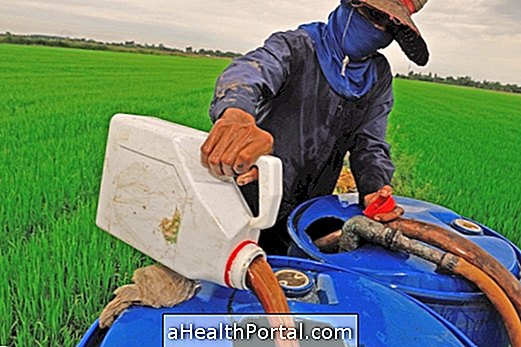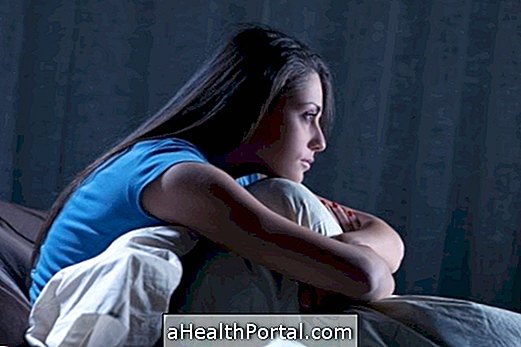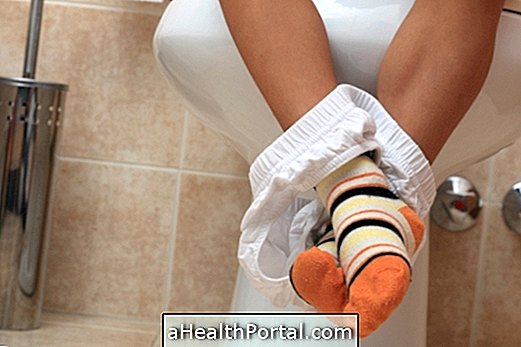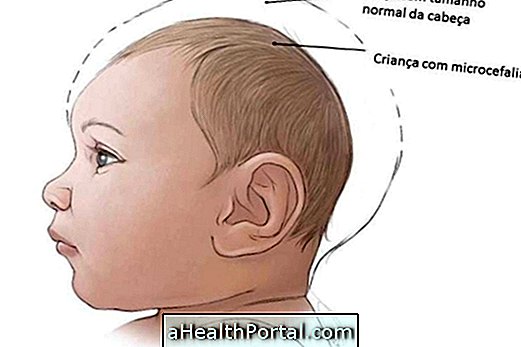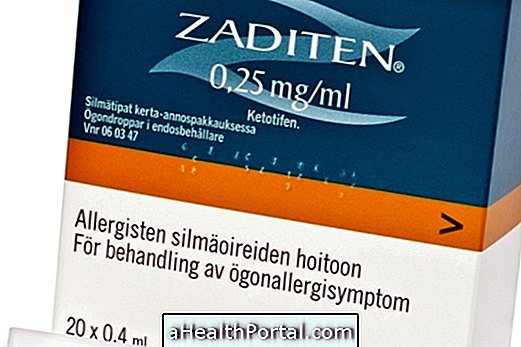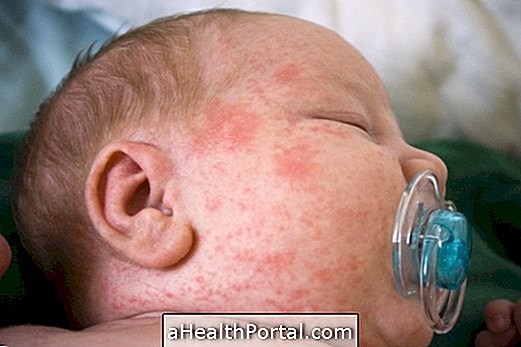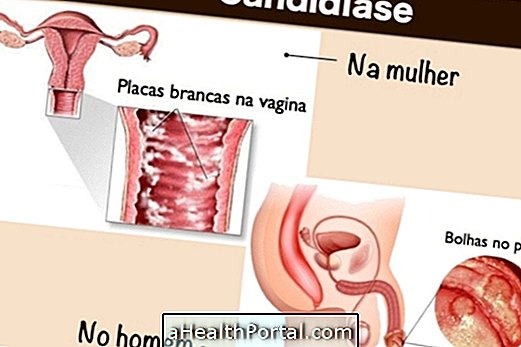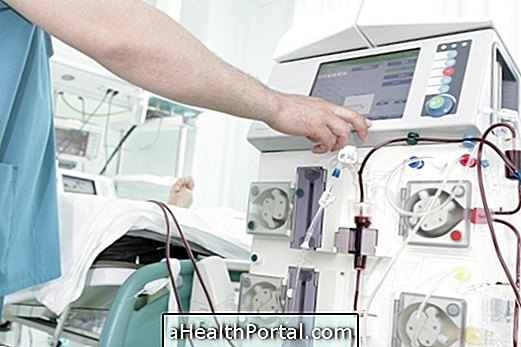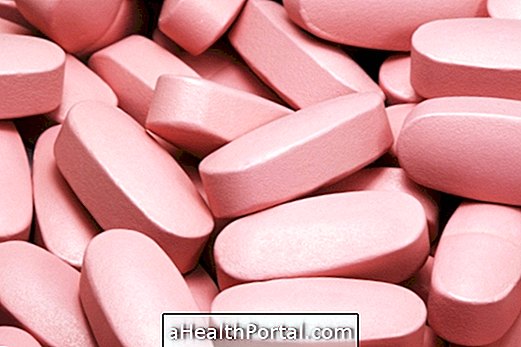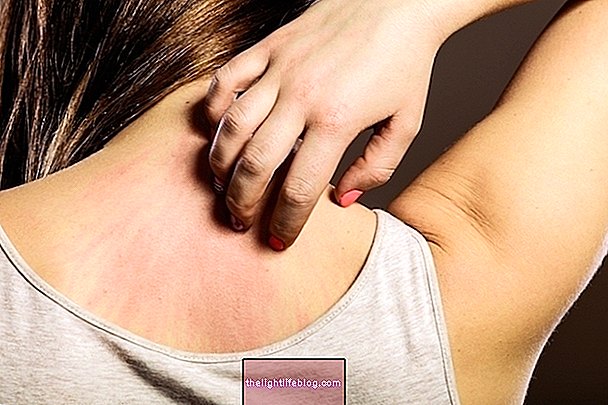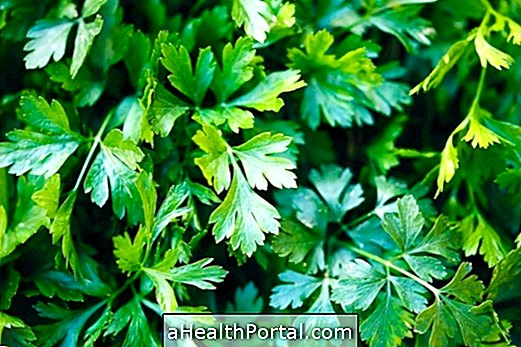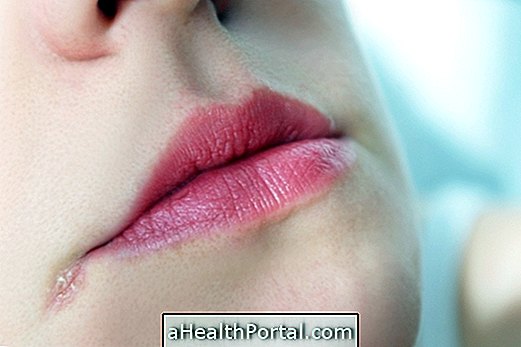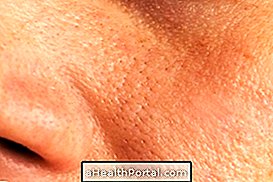Follicular cyst is the most common type of benign cyst in the ovary, which is usually filled with fluid or blood, which affects women of childbearing age, especially between 15 and 35 years of age.
Having a follicular cyst is not serious, nor does it require medical treatment, because usually it disappears by itself within 4 to 8 weeks, but if the cyst ruptures, urgent medical intervention is needed.
This cyst forms when an ovarian follicle does not ovulate, and therefore it is classified as a functional cyst. Their size ranges from 2.5 to 10 cm and are always found on only one side of the body.
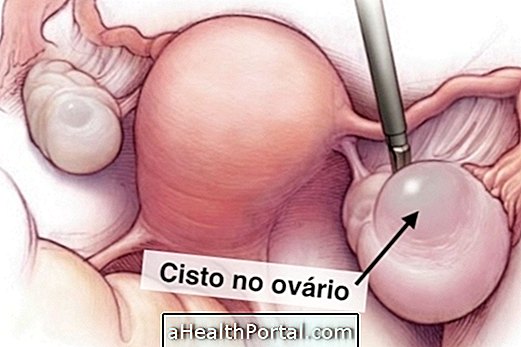
What are the symptoms
The follicular cyst does not present symptoms, but when it loses the capacity to produce estrogen it can provoke menstrual delay. This cyst is usually discovered on a routine examination, such as ultrasonography or pelvic examination. However, if there is a rupture or torsion of this cyst, the following symptoms may occur:
- Intense pain in the ovary, in the lateral part of the pelvic region;
- Nausea and vomiting;
- Fever;
- Breast tenderness.
If the woman has these symptoms she should get medical help as soon as possible to start treatment.
Follicular cyst is not cancer and can not turn into cancer, but to be sure it is a follicular cyst, your doctor may order tests such as CA 125 that identifies the cancer and another ultrasound to follow up.
How to treat follicular cyst
Treatment is only recommended if the cyst ruptures, because when it is intact there is no need for treatments because it decreases in 2 or 3 menstrual cycles. Laparoscopic surgery to remove the cyst is only recommended if the cyst ruptures and is called a hemorrhagic follicular cyst.
If the cyst is large and there is pain or some discomfort it may be necessary to use analgesics and anti-inflammatories for 5 to 7 days, and when menstruation is irregular you can take the contraceptive pill to regulate the cycle.
If the woman is already in the menopause the chances of developing a follicular cyst are minimal because at this stage the woman no longer ovulates nor has menstruation. Thus, if the woman after menopause has any cyst, more tests should be done to investigate what may be.
Who has a follicular cyst can become pregnant?
The follicular cyst appears when the woman has not been able to ovulate normally, and therefore those who have a cyst like this have more difficulty getting pregnant. However, it does not prevent pregnancy and if the woman has a cyst on the left ovary, when her right ovary ovulates, she may become pregnant if fertilization occurs.
